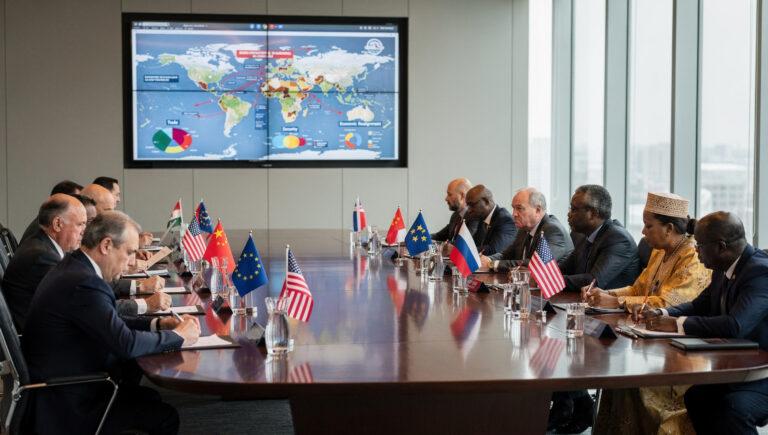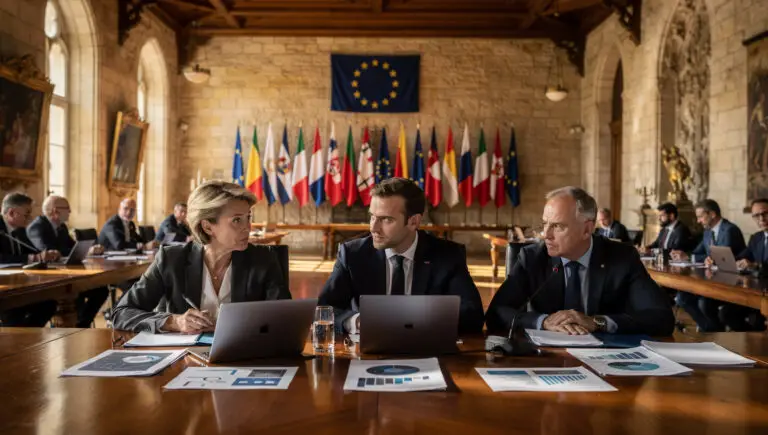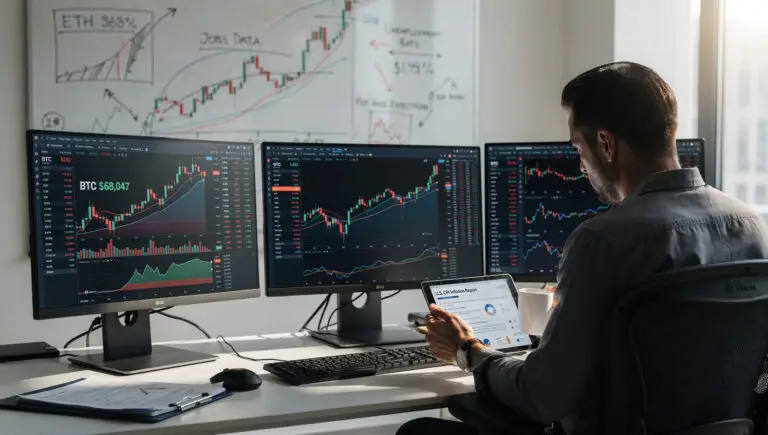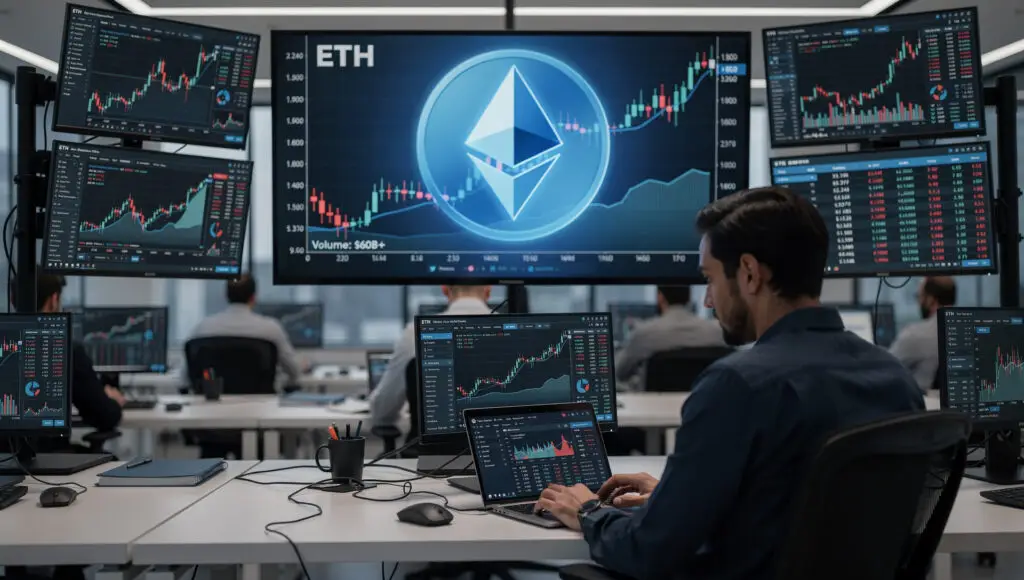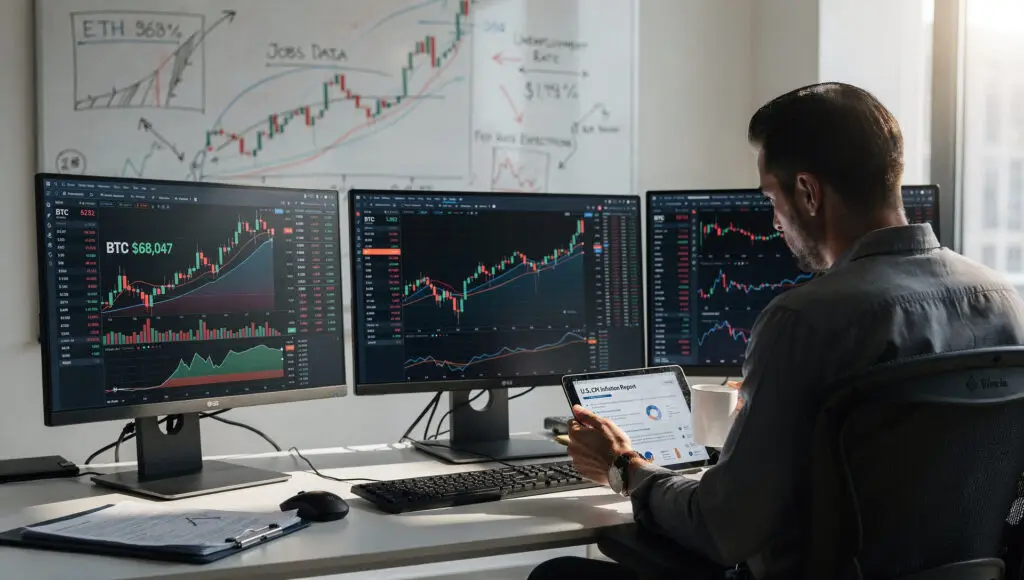In a complex, large-scale prisoner swap on Friday, the Trump administration secured the release of 10 US nationals detained in Venezuela. In exchange, approximately 250 Venezuelans, who had been deported from the United States and subsequently imprisoned in El Salvador’s notorious Terrorism Confinement Centre (CECOT) mega-prison, were repatriated to their home country. This operation marks a significant diplomatic achievement, particularly for Secretary of State Marco Rubio, who confirmed the Americans are now “on their way to freedom.”
The Exchange: Americans for Deportees
The 10 US nationals released from Venezuela include Wilbert Joseph Castaneda, Jorge Marcelo Vargas, Lucas Hunter, Jonathan Pagan Gonzalez, Ronald Oribio Quintana, Erick Oribio Quintana, Fabian Buglione Reyes, Renzo Humanchumo Castillo, Juan Jose Faria Bricen, and Danud Hanid Ortiz. Family members of the released Americans expressed immense relief, with some noting their loved ones were “wrongfully detained” and used as “political pawns” by the Maduro regime. Lucas Hunter, for instance, was reportedly kidnapped by Venezuelan border guards from inside Colombia in January while on vacation.
On the other side of the exchange, Venezuelan President Nicolás Maduro confirmed the repatriation of 252 of its citizens, who arrived in Venezuela on Friday night on two flights from El Salvador. These individuals were part of a group of over 200 Venezuelans swiftly deported by the Trump administration to El Salvador in March, utilising a sweeping wartime authority known as the Alien Enemies Act. The US had classified these deportees as gang members in court, though attorneys and relatives have consistently challenged these claims, asserting many had no criminal records.
The Role of El Salvador and CECOT Prison
El Salvador played a pivotal role in facilitating this swap. In March, the Trump administration sent these Venezuelan deportees to CECOT, a maximum-security prison known for housing alleged gang members in President Nayib Bukele’s “war on gangs.” This move garnered significant public backlash and surprised immigration attorneys and families, particularly given reports of harsh conditions and limited access to legal counsel within CECOT.
Salvadoran President Nayib Bukele confirmed his government had released “all the Venezuelan nationals” detained in his country, posting a video on X showing individuals in handcuffs boarding a flight. Bukele stated the transfer was in exchange for “a considerable number of Venezuelan political prisoners,” as well as the American citizens. Secretary of State Marco Rubio had been in direct contact with Bukele, particularly following Bukele’s meeting with President Donald Trump in April, where a swap involving the Venezuelans in CECOT for political prisoners and US citizens in Venezuela was initially proposed.
Broader Implications and Ongoing Concerns
This complex, “down to the wire” operation, as described by a senior administration official, underscores the challenging diplomatic relations with Venezuela. While the immediate goal of bringing Americans home has been achieved, questions remain about the long-term implications for the repatriated Venezuelans, particularly regarding their status upon returning to their home country. Families of the deportees expressed “overjoyed” anticipation for reunions, while also highlighting the uncertainty and relief of finally hearing from their loved ones after months of silence.
The deal also saw the release of dozens of Venezuelan political prisoners, a development welcomed by the US, which continues to advocate for the restoration of democracy in Venezuela and the release of all remaining political prisoners. US hostage envoy Adam Boehler was in El Salvador on Friday to meet the freed Americans, who were reported to be in good health, before their journey back to the US. The successful swap, facilitated by extensive negotiations and cooperation between the US, El Salvador, and Venezuela, represents a notable diplomatic breakthrough in a contentious geopolitical landscape.



